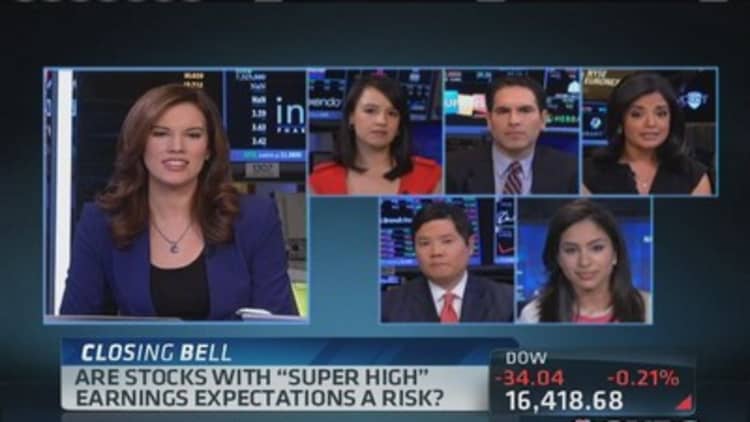Goldman Sachs is to be hit with a multimillion euro fine on Wednesday as part of an EU cartel case on subsea power cables that will underline the legal risks faced by buyout groups.
The European Commission is preparing to fine up to a dozen groups including Prysmian, the Italian cablemaker formerly owned by Goldman Sachs Capital Partners, the investment bank's buyout arm.
While it is common for Europe's top antitrust authority to fine parent companies when offshoots are embroiled in cartels, it is rare to penalise a primarily financial investor, especially for periods where it held a minority stake.
"The issue of parent company liability has received a lot of attention in the private equity community," said Jay Modrall, a partner at Norton Rose. "Private equity firms tend to think of their funds and investments as siloed, rather than as part of a single group."
More from the Financial Times:
Goldman to cash in on Hollywood holding
Intesa in talks to sell 'bad bank' loans
Wells reshuffle puts finance head in spotlight
Goldman's buyout unit bought Prysmian from Pirelli in 2005 for €1.3bn including debt, floated the cablemaker in 2007 – leaving it with a 43 per cent holding – and by 2010 had fully sold down its stake.
The bank told the commission it was unaware of the effort to rig prices and carve up markets, which started several years before it bought Prysmian.

The commission decision is a warning to buyout groups over legacy legal risks and underscores their responsibility as owners for rooting out and ending any wrongdoing in the business, even when the expertise they bring to the board is primarily financial.
"The implications of the commission's practice of imposing fines based on group-wide liability goes beyond the financial exposure," saidy Mr Modrall. "Private equity firms may want to look at their standard M&A contract language to see how this exposure is addressed."
Read More'Lofty' market ripe for at least 10% drop: Goldman Sachs
Courts have largely backed the commission's approach to penalising parent companies and have made no significant distinction for private equity buyers. Goldman is the most prominent financial investor to suffer such a fine.
An EU charge sheet sent to the US investment bank covers from 2005 to 2009, including a period of more than a year where Goldman's stake in Prysmian was under 50 per cent.
The commission argues that the buyout unit is liable to pay a share of Prysmian's fine because it exercised a decisive influence on Prysmian that went beyond a pure financial investment, including through nominating individuals to the board.
Mario Mariniello of Bruegel, a think-tank in Brussels, said the case tests the point where investors carry direct legal risks from antitrust infringements.
Read MoreGoldman: Cut your emerging markets exposure by a third
"Investment with no control cannot entail direct legal liability. It would make little economic sense: regardless of what an investor knows, its investment already carries extra risk as ultimately shareholders pay cartel fines," he said.
"Investment with control should directly be punished. The likelihood of a fine affects your incentives to ensure profits are legally made and to stop infringements. The notion of control is key here – it might be possible to have a decisive influence without direct control."
A successful legal challenge to the grounds for the commission inspections mounted by Prysmian and Nexans has limited the scope of the case to high-voltage cables.
In a 2012 ruling, the EU General Court found the commission raids mounted in 2009 had no reasonable grounds for extending its search to information relating to all cables and electrical products.
Follow us on Twitter: @CNBCWorld

